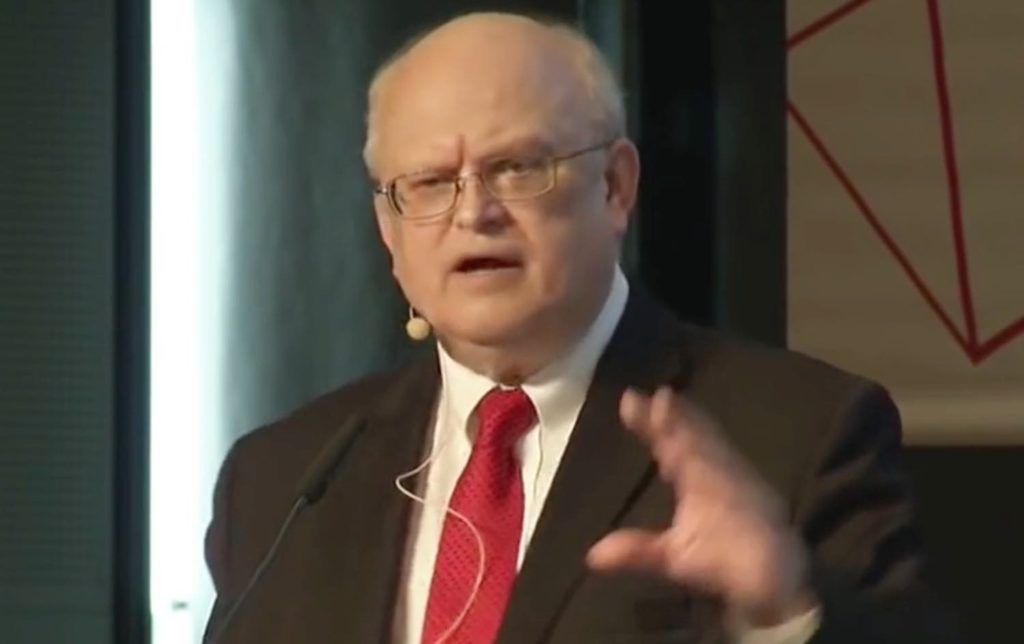 In this video from ISC 2016, Thomas Sterling presents: HPC Achievement and Impact 2016.
In this video from ISC 2016, Thomas Sterling presents: HPC Achievement and Impact 2016.
Supercomputing over this last year has set its sights on the next regime of performance, that of 100+ petaflops. Planning for this near term capability has been strongly driven by the next step in technologies and architectures as well as a clear demand from future multi-physics, multi-scalar applications, and big data problems such as machine learning. In Asia, the US and Europe, strategies and support for the next plateau in operational capabilities are being established with target deployment dates of 2017 and 2018 a strong likelihood. These advances will push the field out of what is perceived by many as a period of stagnation and into a long-awaited future. This is just not an inevitable extension of more of the same. Instead significant advances in system architecture along multiple tracks are being pursued offering diversity of form and function to a world of rapidly evolving processing needs. Even as the hundred petaflops era is coming within sight, more dramatic programs to achieve exaflops capacity are now emerging with the expectation of this two orders of magnitude advance in the early part of the next decade. Yet the challenges of the end of Moore’s Law loom ever greater, threatening to impede further progress. Innovations in semiconductor technologies and processor socket architecture matched with application development environments improvements promise to overcome such barriers. This keynote presentation will deliver a rapid-fire summary of the major accomplishments of the last year that promises a renaissance in supercomputing in the immediate future.
Prof. Dr. Thomas Sterling is the Professor of Intelligent Systems Engineering at the Indiana University School of Informatics and Computing as well as the Chief Scientist and Associate Director of the Center for Research in Extreme Scale Technologies (CREST). A Gordon Bell Prize winner, his work has focused on applied research in areas associated with parallel computing. In 2014, he was named a fellow of the American Association for the Advancement of Science.




